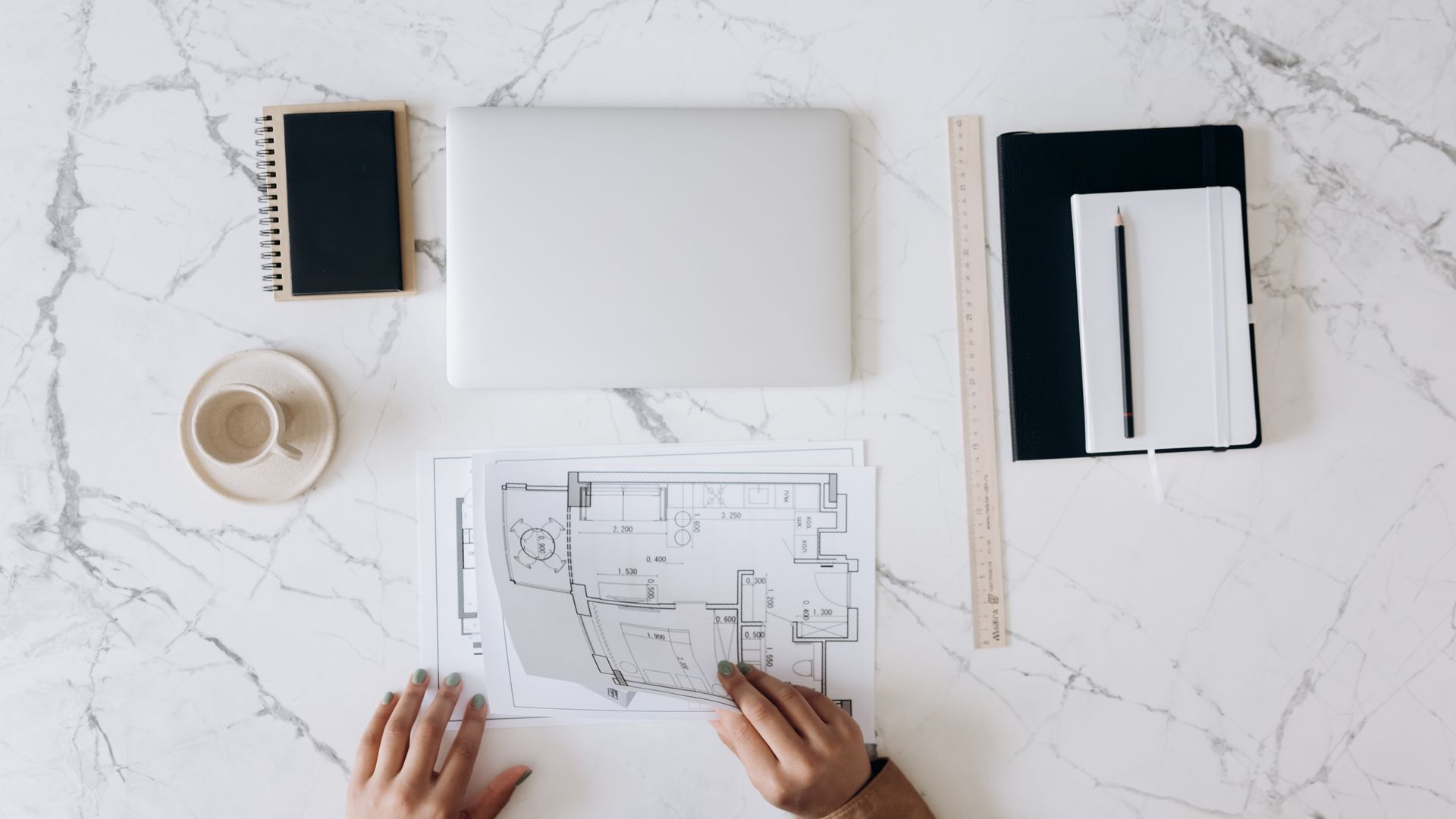Pioneering a Greener Future

Introduction:
In recent years, the global construction industry has witnessed a growing emphasis on sustainability and environmentally friendly practices. New Zealand, known for its breathtaking landscapes and commitment to environmental conservation, has emerged as a hub for sustainable building products and manufacturers. In this blog post, we will explore some of the remarkable sustainable building products available in New Zealand, highlighting their eco-friendly features and the positive impact they have on the architecture industry.
1. Timber: A Renewable Resource:
New Zealand boasts vast forests, making timber a readily available and sustainable building material. Timber products sourced from responsibly managed forests, certified by organizations like the Forest Stewardship Council (FSC), ensure that the wood is harvested in an environmentally friendly and socially responsible manner. From structural framing to cladding and flooring, timber offers a versatile and renewable option for sustainable construction.
2. Recycled and Reclaimed Materials:
Innovative manufacturers in New Zealand are transforming waste materials into valuable resources for the construction industry. Recycled and reclaimed materials, such as recycled glass, plastic, and metal, are being repurposed into building products like insulation, roofing materials, and decorative finishes. These products not only reduce waste but also minimize the extraction of virgin materials, contributing to a circular economy and reducing the carbon footprint of construction projects.
3. Low-Energy Building Systems:
New Zealand is at the forefront of developing low-energy building systems that prioritize energy efficiency and reduce reliance on fossil fuels. These systems include insulated concrete forms (ICFs), structural insulated panels (SIPs), and passive solar design principles. These products and techniques help create well-insulated, airtight buildings that require less energy for heating and cooling, resulting in reduced energy consumption and lower greenhouse gas emissions.
4. Water Conservation Solutions:
Given New Zealand's commitment to preserving its water resources, sustainable building products that promote water conservation are highly valued. Water-efficient fixtures, rainwater harvesting systems, and greywater recycling technologies are becoming increasingly popular. These products not only reduce water consumption but also contribute to the overall sustainability of buildings by minimizing the strain on local water supplies.
5. Green Roofing and Insulation:
Green roofing systems, which involve the installation of vegetation on rooftops, offer numerous environmental benefits. They improve air quality, reduce stormwater runoff, provide insulation, and create habitats for wildlife. Additionally, eco-friendly insulation materials, such as wool, cellulose, and recycled polyester, are gaining popularity for their superior thermal performance and reduced environmental impact compared to traditional insulation options.
Conclusion:
New Zealand's commitment to sustainability and environmental stewardship is reflected in its thriving market for sustainable building products. From responsibly sourced timber to recycled materials, low-energy building systems, water conservation solutions, and green roofing, the country offers a wide range of eco-friendly options for architects and designers. By incorporating these sustainable products into their projects, professionals can contribute to a greener future, reducing the environmental impact of the construction industry and creating healthier, more sustainable built environments.



